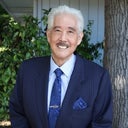The presence of fluid, also known as seroma, after a tummy tuck (abdominoplasty) is a known complication that can occur in some cases. However, the persistence of fluid two years after the surgery is less common and may warrant attention. Here are some considerations:









